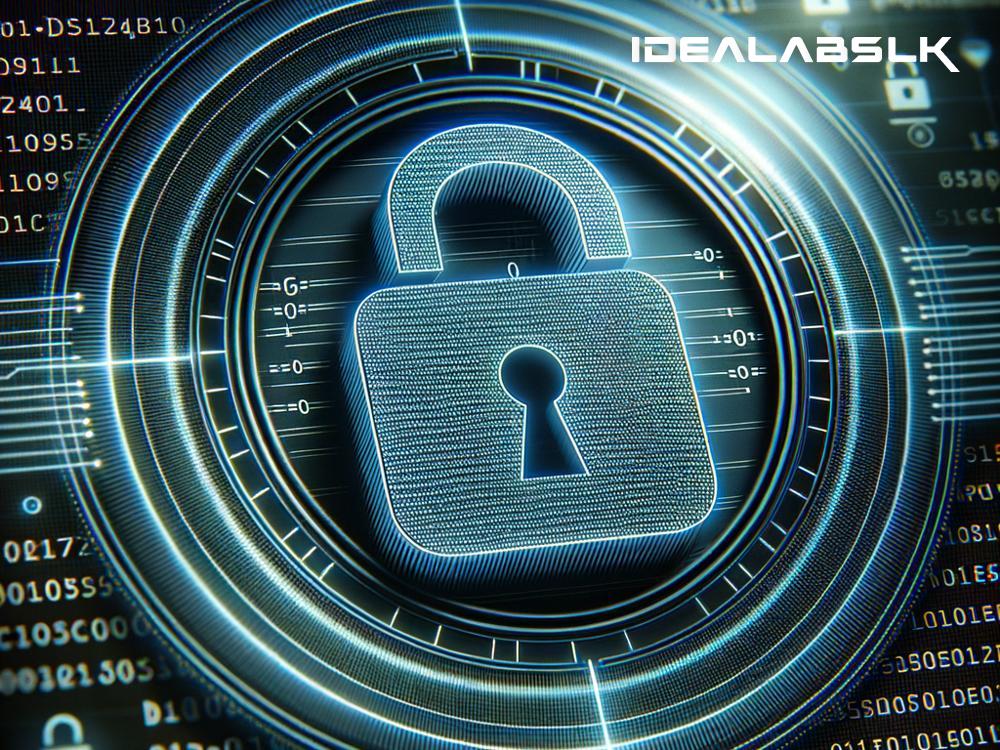The Digital Guardian: How Encryption Software Shields Your Secrets
In the vast and interconnected world of the internet, our personal and sensitive information is constantly at risk. Just as you wouldn't leave your house doors unlocked, you shouldn't leave your digital information unprotected. This is where encryption software comes into play as a vital guardian of our digital lives. Let's dive into the simple yet fascinating world of encryption software and uncover how it works to protect our sensitive data from prying eyes.
What is Encryption?
Imagine you’re sending a postcard to a friend, and you don’t want anyone else to read it. So, instead of writing in plain language, you use a secret code that only you and your friend know. Encryption is the digital version of this secret code. It scrambles your data (like the message on the postcard) into a format that can only be understood if you have the 'key' to unscramble it, making your information indecipherable to anyone who might intercept it.
How Does Encryption Software Work?
Encryption software acts like a magical book that contains the secrets to converting your data into a secure format. When you want to protect a file, this software transforms your data into what looks like a bunch of random characters—this is the "encrypted" form. The magic key that locks (encrypts) or unlocks (decrypts) this data is known as an encryption key. Without this key, the data is just gibberish.
In essence, encryption software ensures that even if someone manages to sneak a peek at your data, all they'll see is an unintelligible mess, unless they have the key. This is akin to having a chest of treasures that can only be opened with a unique key you own.
The Two Types of Encryption
There are mainly two superheroes in the world of encryption: Symmetric and Asymmetric encryption.
-
Symmetric Encryption: Imagine having a secret handshake with your friend that only the two of you know. Symmetric encryption uses a similar idea where the same key is used to both lock (encrypt) and unlock (decrypt) the information. It's a faster process but sharing the key securely can be a challenge.
-
Asymmetric Encryption: This is like having a mail locker with two keys – one to put letters in (public key) and another to take them out (private key). The sender uses the public key to encrypt the message, and only the recipient can decrypt it with their private key. It's more secure because the key to decrypt the message is never shared.
Protecting Sensitive Data: How Encryption Makes a Difference
Encryption protects a vast ocean of sensitive data, from personal photos and messages to financial information and medical records, by making it unreadable to unauthorized individuals. Here are key areas where encryption makes a significant difference:
-
Personal Privacy: In an era where our smartphones and laptops are extensions of our personal selves, encryption safeguards our private conversations, photos, and documents from unwanted intruders.
-
Business Security: For businesses, encryption is the frontline defense against corporate espionage and data breaches. It ensures that sensitive client information, trade secrets, and employee records are securely locked away.
-
Online Transactions: Every time you shop online or make a digital payment, encryption is what keeps your credit card details and banking information safe from cyber thieves.
-
Healthcare Data: Medical records are a goldmine for identity thieves. Encryption protects this sensitive information, ensuring that health records can be shared securely between authorized persons for medical purposes only.
Choosing the Right Encryption Software
Selecting the right encryption software can feel like navigating a digital jungle. Here are a few tips to help you choose:
-
Ease of Use: Look for software that integrates seamlessly into your daily digital routines without needing a degree in cryptography to use it.
-
Strong Encryption Standards: Ensure the software adheres to established encryption standards like AES (Advanced Encryption Standard) which is considered very secure.
-
Reputation: Opt for software from a developer with a strong track record of reliability and security.
In Summary
In the digital age, encryption software is not just a tool; it's a necessary guardian that protects the essence of our digital freedoms. It ensures that our conversations, our identities, and our digital footprints remain confidential, secure, and inaccessible to unauthorized eyes.
By understanding the importance of encryption and making informed choices about the encryption tools we use, we can take significant steps toward securing our digital lives against the threats that lurk in the shadows of the online world. Remember, in the realm of digital security, encryption is your most steadfast ally.

